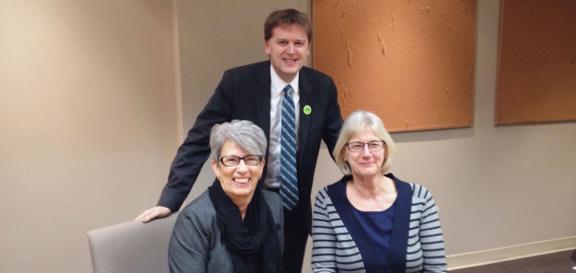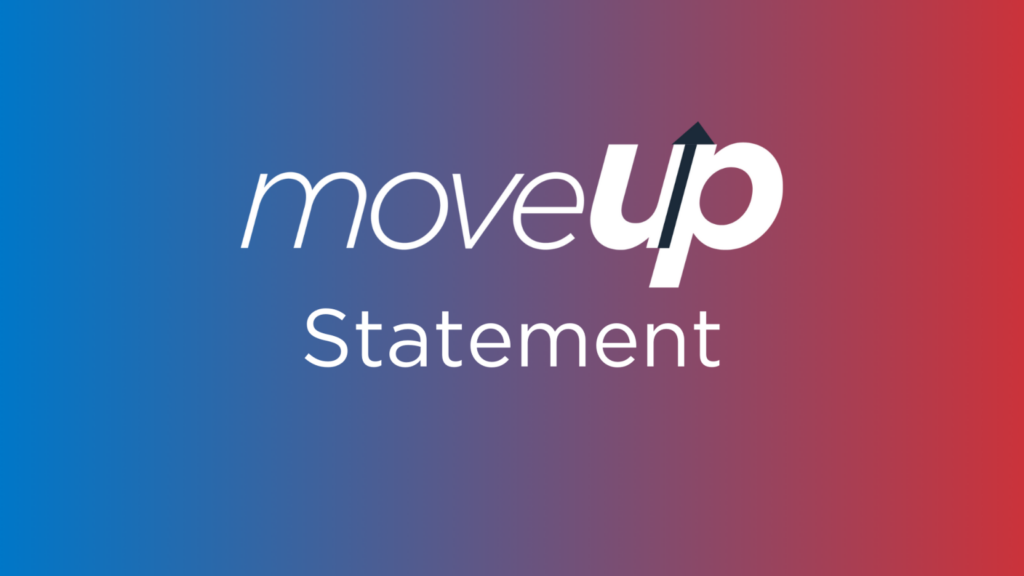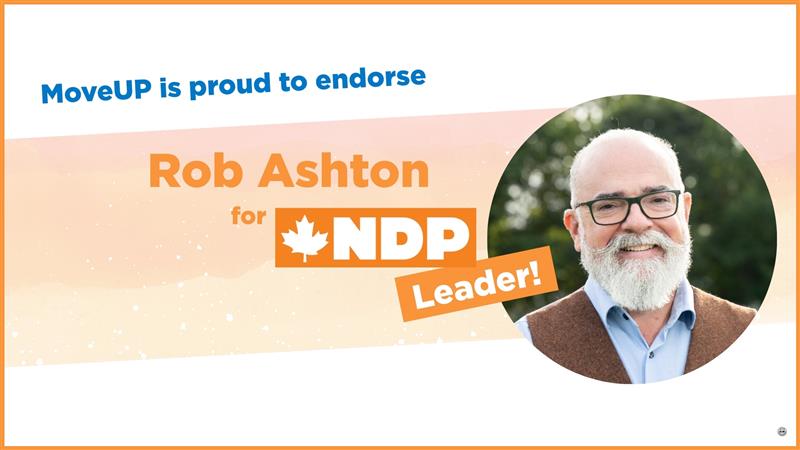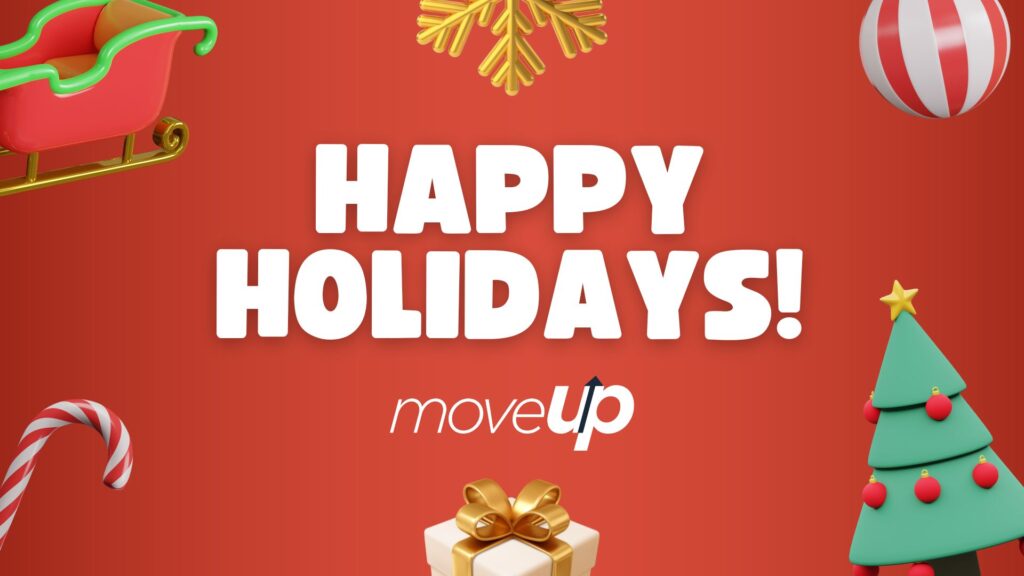Last night, tens of thousands of union members across the Lower Mainland had the opportunity to attend a special, interactive telephone town hall on the transit referendum. Hosted by BC Federation of Labour President, the call allowed union members to ask questions to New Westminster Mayor Jonathan Cote and Hospital Employees Union Secretary-Business Manager Bonnie Pearson.
Lanzinger set the context: “Working people in Metro Vancouver have a choice to make: one million people will moving to our region over the next 30 years. Do we improve our transit and transportation system, and plan for the future? Or do we watch as it gets worse?” She added that the BC Federation of Labour convention and officers of the BC Federation of Labour – voted to endorse the Mayors Plan and support the Yes side in the referendum because of how important better transit and transportation is to working people.
“Whether you’re in a car in gridlock trying to get home to the kids or waiting on a crowded SkyTrain platform, you know something needs to be done now…if you ask me, the cost of inaction is way too high,” said Lanzinger.
Cote agreed, noting that without action, congestion will get worse and the needed projects will get more expensive.
“The increase we’re asking for the average household comes down to just 35 cents a day in sales tax; that’s the fairest way to share the cost. This way, businesses and visitors share the cost,” said Cote.
A union member from New Westminster raised a concern about TransLink’s accountability.
Cote reassured that the money collected from the 0.5% sales tax increase will have controls on it: “The money…will be handled separately and won’t go directly to TransLink. The money collected will be independently audited and can only go to the Mayors Plan.”
Another attendee from North Vancouver asked why we should be giving more money to TransLink given our already high fuel taxes.
“I share those same concerns. I don’t disagree; I think we need to have a more open and transparent TransLink board where the people are involved in the decision-making in the region and the Mayors are involved…I’m just not convinced a No vote will result in that, because a No vote will be a rejection of the Mayors Plan,” said Jonathan. He added that more investment is needed for the projects and improvements our region needs to cut congestion.
“We need to make sure we’re separating some of the problems of TransLink from the plan that we’re being asked to vote on,” Pearson agreed, “This is such a critical decision for our region and for congestion and just improving the quality of working life for union members and all working people.”
Pearson was then asked why the BC Federation of Labour officers voted unanimously to endorse this plan.
“The plan obviously has a lot in it that benefits not just union members but all workers in the regions. One of the biggest things is around reducing commute times. We found that one in four of our members at the Hospital Employees Union was facing staggering commute times – an hour and a half for drivers and an average of two and a half hours for people taking public transit! A lot of our members work irregular shifts. Not only is it harder to get to work and home again when you work odd hours – it can also be more dangerous. That’s why I was really pleased to see more night-bus and off-peak bus service built into the plan. We need to make it easier for workers to get to work and this plan is how we can do it,” said Pearson.
Some attendees also asked about specific regional investments. Cote spoke to improvements in New Westminster, North Vancouver, Surrey and Vancouver, but noted that the plan includes significant transit improvements in every region of Metro Vancouver. There is a full regional breakdown of the plan available on the Mayors Council site.
A Hospital Employees Union member from Surrey talked about her commute right now, which is difficult because the SkyTrains run less frequently and for shorter hours on weekends. Pearson noted the Mayors Plan includes expanded frequency and capacity on the Expo and Millennium Lines and said unions will continue to lobby for transit to be more available to people who have to work early, late and other irregular shifts.
A New Westminster member said he supports the idea of more transit, but has trouble trusting TransLink. Cote reiterated that the money will be spent in a transparent and accountable way.
“It’s money that can only be spent on the Mayors Plan and will be independently audited to make sure that’s exactly what happens…there are going to be some really strict procedures in place to make sure,” Cote replied.
Another person from Surrey asked about what will happen if the No side wins the referendum.
“Congestion is not free. It currently costs residents, businesses and the economy about $1 billion a year through the time lost and the environmental costs…A No vote will be a significant blow to the region. It means more congestion, and you’re not going to be seeing businesses growing and thriving. And with a million more residents in the region – you can’t ignore the environmental impacts of that many more cars sitting in traffic,” Pearson replied.
“My biggest concern is a No vote is for the status quo,” said Cote. He said a No vote will mean increasing congestion, most people in Metro Vancouver not having access to proper transit, and likely increasing transit fares,
Next a union member asked a question about how the sales tax will work and why the Mayors chose it.
“It will be an addition to the provincial sales tax. And that’s important because the PST excludes a lot of basic things like groceries…the average household will pay about $150 a year but low-income families will pay about $50 a year. I think it’s important to note this tax has the benefit of not being paid by low-income earners as much, and certainly will be paid by businesses and visitors to our region,” Cote clarified.
A cyclist then asked what investments the plan includes for cycling. Cote noted the plan not only includes 2,700 km of bikeways – 300 km of which will be fully traffic-separated – but also includes plans for secure bike storage facilities as part of many of the transit exchange and station upgrades.
Mayor Cote concluded the call with a message to union members across the Lower Mainland:
“I just want to say that if you care about your city, our local economy, our environment, it’s so important that you mail in your ballot after March 16. We expect one million more people to come to settle in Metro Vancouver over the next 30 years. That’s why we need to act together and act now. A yes vote is a vote for better transit, a more livable city and a cleaner environment, all for less than 35 cents a day.
A no vote is a vote to do nothing while our transit system gets worse. That’s too much of a risk and will end up costing us all a lot more. So talk to your neighbours, talk to your friends, and mail in your ballot and vote yes for a better Metro Vancouver region.”



